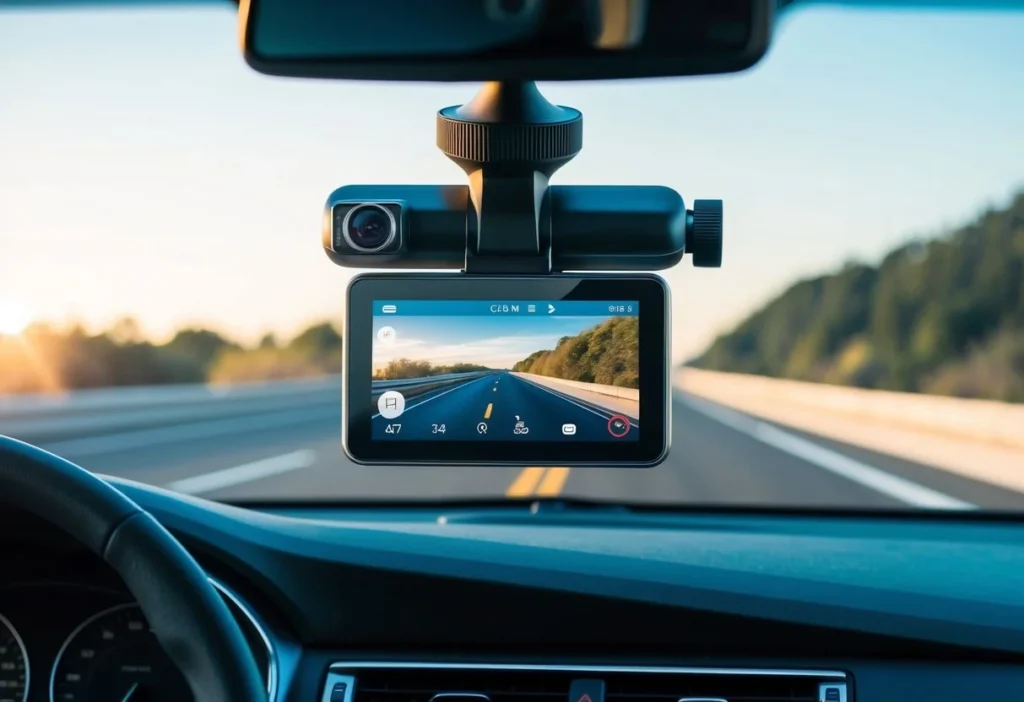Many drivers face the fear of accidents and disputes on the road, which can lead to increased insurance premiums and stress. The rise of dash cams has created significant interest in their potential benefits beyond recording unforgettable road trips. Installing a dash cam can indeed offer insurance benefits, such as providing clear evidence in the event of a claim, which can lead to lower rates and faster resolutions.
In addition to potentially lowering insurance costs, dash cams also serve as a tool for promoting safer driving habits. They can deter reckless behavior, as drivers are often more mindful when they know their actions are being recorded. This combination of evidence and behavioral influence makes dash cams appealing to many motorists.
As the popularity of these devices grows, understanding their impact on insurance can help drivers make informed decisions. Those contemplating whether to invest in a dash cam may find that the advantages outweigh the costs, especially when considering the peace of mind it provides on the road.
Understanding the Insurance Impact of Dash Cams
Dash cams have become increasingly popular among drivers, not only as a tool for recording incidents but also for their potential benefits in insurance. These devices can influence insurance premiums, claims processing, and liability determinations, providing valuable evidence in various situations.
Potential for Premium Discounts
Many insurance companies recognize the value of dash cams in promoting safer driving behaviors. Some insurers offer premium discounts to policyholders who install dash cams in their vehicles.
For example, drivers may receive a discount ranging from 5% to 15% based on the insurer’s assessment. This incentivizes drivers to adopt dash cams, knowing they can save money while also enhancing road safety.
Before purchasing a dash cam, it is wise to check with individual insurance providers about specific discount offerings. Not all companies participate in this program, so researching policy terms is essential.
Strengthening Accident Claims
Dash cams provide crucial evidence in the event of an accident. This recorded footage can clarify circumstances, significantly strengthening claims submitted to insurance companies.
Having undeniable video proof can expedite the claims process, reducing disputes between parties involved in an accident. For instance, footage can clearly demonstrate fault, which is vital for determining liability and compensation.
Insurance adjusters may more quickly validate claims backed by dash cam evidence, which can lead to timely resolutions and disbursements. Therefore, drivers are encouraged to activate this device during all trips.
Dash Cams and Liability Determination in Colorado
In Colorado, dash cams can play a significant role in liability determination. The state follows a modified comparative negligence rule, meaning that fault can be assigned to both parties.
Dash cam footage can help clarify the actions of each driver involved in an incident. This evidence can be pivotal in assigning percentages of fault.
Judges and insurance adjusters often rely on visual evidence for making informed decisions. Consequently, a dash cam can be a powerful ally for drivers in Colorado, particularly in disputes involving liability.
Legal Considerations and Privacy Concerns
Dash cams can provide valuable evidence in legal situations, but their use is subject to specific laws and regulations. Understanding local laws regarding recording and privacy is essential for users.
State-Specific Dash Cam Laws
Dash cam laws vary significantly from state to state. Many states permit their use in public areas, while others have specific restrictions. For instance:
- California: Allowed in public but must not obstruct views.
- Florida: Generally legal, but recording audio may require consent.
- Texas: Permits dash cams, yet state privacy laws may apply.
It is important to check the specific regulations in each jurisdiction. Violation of these laws could lead to fines or other legal consequences. Consulting an injury and accident lawyer can provide guidance on navigating local laws.
Privacy and Recording Consent
Privacy concerns often arise when recording in public spaces. Most states allow recording video without consent, but audio recording can be more complicated due to wiretapping laws. Depending on the state:
- One-party consent: Only one person needs to agree to the recording.
- Two-party consent: All parties involved must agree.
Failure to adhere to these consent laws can result in legal penalties. Individuals should be cautious when sharing audio recordings, especially if they involve third parties. An injury and accident lawyer can advise on best practices to mitigate potential legal issues linked to privacy violations.







